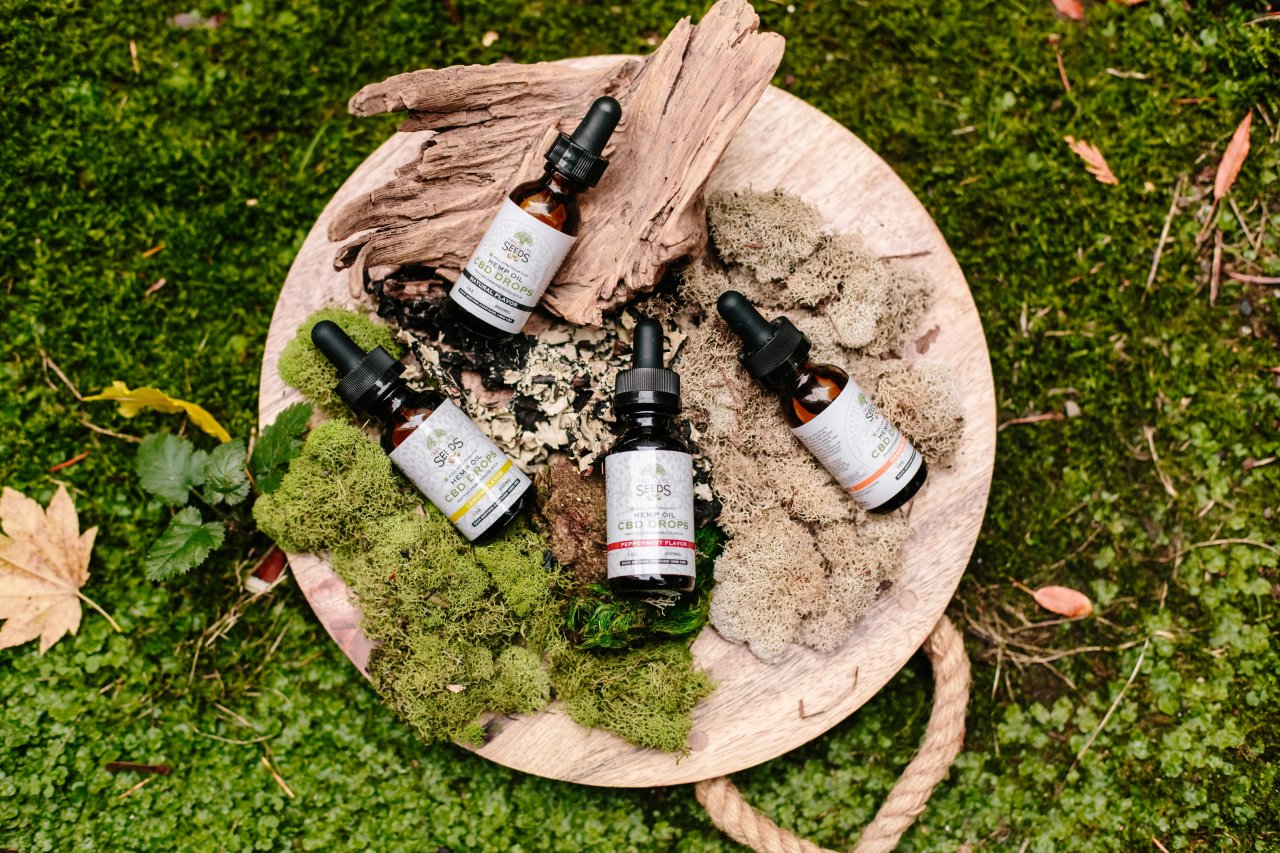 As CBD oil becomes more popular in the UK, patients are looking for reliable information. This guide explains its uses, the importance of verified reviews, and when medical cannabis oil becomes a clinical option, all while balancing safety, expertise, and transparency.
As CBD oil becomes more popular in the UK, patients are looking for reliable information. This guide explains its uses, the importance of verified reviews, and when medical cannabis oil becomes a clinical option, all while balancing safety, expertise, and transparency.
Last year, the UK CBD market exploded, with people using it as a non-toxic way to deal with stress, aches or insomnia. CBD oil from hemp has low THC levels. Still, a lot of confusion exists out there. How does CBD differ from medical marijuana oil? What are folks looking for in a good product? So what exactly is it – the science, the legality, and how to find reputable options?
Why Authentic Patient Reviews Are Important
More than 300 brands operate in the UK CBD market, many of which make bold claims about benefits. Patient reviews cut through the marketing hype. Reading through cbd oil reviews offers verified feedback on experiences with effectiveness, taste, and even customer service. One patient may say a brand helps with migraines, while another notes its effect on sleep quality.
How do you know a review is trustworthy? Look for specifics. Describing how a product was used (e.g., “taken sublingually at night”) or comparing two brands helps establish credibility. Be wary of vague terms like “miracle cure” in reviews: These can indicate bias. You help others by sharing your own experience in this fragmented market.
Understand UK CBD Oil Regulations
British law requires that all over-the-counter CBD products contain no more than 0.2% THC, the psychoactive compound. This threshold prevents products from creating a “high.” Some of these CBD oils come from low-THC hemp. Nonetheless, there are regulatory gaps. Unlike prescription medications, CBD products are not tested as thoroughly, which can lead to quality issues.
A study by the Association for the Cannabinoid Industry found that 60% of all tested UK CBD oils had inaccurate THC or CBD labels. This discrepancy highlights the need for third-party lab reports confirming a product’s cannabinoid content and purity. Patients should really prioritise brands that meet safety standards set out in the Novel Food Act.
How CBD Interacts With Your Body
The network of receptors in the brain, organs and immune system controls pain perception, mood and sleep. By slowing down the breakdown of natural endocannabinoids, CBD indirectly supports ECS activity and may prolong the calming or anti-inflammatory effects of natural endocannabinoids. Unlike THC, CBD does not bind strongly to ECS receptors, causing no psychoactive effects.
Research in Frontiers in Pharmacology (2020) says that CBD may modulate stress responses and inflammation. Nevertheless, results vary widely. A patient with arthritis may experience less joint stiffness, while an anxious patient may experience little relief. Individual biology, dosage, and product quality all play roles. That this variability exists demonstrates why management of expectations requires clinical guidance and verified patient reviews.
How To Use THC as a Clinical Tool
Medical cannabis oil is quite different from CBD oil: Under UK prescription, it may contain higher THC levels! The enhanced binding of THC to ECS receptors could confer pain relief or increase appetite in conditions such as cancer or HIV/AIDS. But its psychoactive properties warrant careful oversight.
A rigorous triage process determines whether someone is eligible for medical cannabis. Before recommending THC-containing oils, clinicians review medical history, current treatments and symptom severity. A patient suffering from chemotherapy-associated nausea could receive a balanced THC-CBD oil, while someone with treatment-resistant epilepsy could receive a high-CBD formulation. This kind of targeted approach is safe and effective compared to the unregulated CBD market.
Risks of Self-Medicating With Cannabis Products
Taking self-prescribed CBD or THC oils without clinical input is risky. It is possible that CBD will alter the effectiveness of blood thinners or antidepressants. For instance, THC can increase anxiety or worsen cognitive function in susceptible people. A 2022 case study in BMJ Open described a patient who reported increased paranoia after using an unregulated CBD product contaminated with synthetic cannabinoids.
These risks are mitigated by specialists reviewing your medical history and providing clear dosing guidelines. The experts know how to match treatments to current research and avoid the hazards of trial-and-error experiments.
How to Identify High Quality CBD Products
Finding a CBD product that works for you shouldn’t be an Agatha Christie mystery. Since the rules can be all over the place, it’s up to patients to make sure they’re checking the quality for themselves.
- Check for a Certificate of Analysis (CoA): This lab report confirms cannabinoid levels and screens for contaminants like pesticides or heavy metals.
- Prioritise Full-Spectrum or Broad-Spectrum Oils: These retain beneficial terpenes and cannabinoids, enhancing the “entourage effect.”
- Avoid Unsubstantiated Claims: Brands claiming to “cure” conditions violate UK advertising standards. Legitimate companies focus on general wellness.
Follow Medicines and Healthcare products Regulatory Agency (MHRA) guidelines and make regular follow-up appointments to keep an eye on your progress.
Efforts to Demystify Cannabis Treatments
Releaf is the UK’s leading clinical supplier of medicinal cannabis, combining scientific rigour with patient-centred care. They keep their specialists informed about new research to ensure that recommendations reflect current evidence, not trends. Educational resources such as webinars and condition-specific guides allow patients to ask questions during consultations.
Getting into the UK’s CBD and medical cannabis scene can take a bit of patience. It’s a good idea to start with products that come highly recommended, and then have a chat with a clinician to figure out what might work best for you. With clear information and solid support, you can make informed choices about your health and keep any risks to a minimum.
